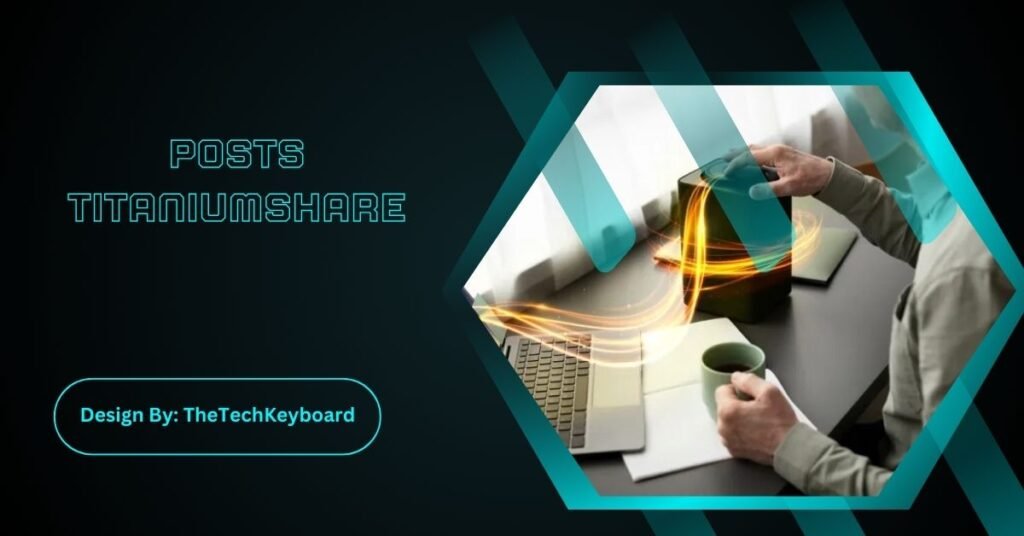Welcome to posts TitaniumShare, the dedicated initiative within TheGameArchives focused on preserving the vibrant discussions, developer insights, and cultural exchanges that shape the gaming community. While most preservation efforts prioritize games themselves, we recognize that the conversations surrounding them—forum threads, blog posts, social media revelations, and patch notes—are equally vital to understanding gaming history. From legendary developer AMAs to grassroots modding tutorials, TitaniumShare ensures these digital dialogues remain accessible long after websites shut down or platforms purge old content. In this article, we explore our latest archival projects, the technical challenges of saving online discourse, and how you can help rescue gaming’s collective memory from the brink of digital oblivion.
1. Saving Lost Forums: Rescuing Gaming’s Early Digital Communities
Before Discord and Reddit, dedicated forums served as the lifeblood of gaming culture—spaces where modders shared breakthroughs, fans dissected lore, and developers dropped unofficial hints about upcoming projects. TitaniumShare has embarked on an ambitious mission to archive these vanishing communities, starting with the complete preservation of the BioWare Social Network (2009-2016), including its wealth of developer posts that reveal cut content from Mass Effect and Dragon Age.
Using advanced web scraping tools combined with manual verification, we’ve reconstructed not just raw text but the nested reply structures, embedded images, and even deleted posts (where legally permissible) that gave these discussions their unique character. Our restoration of the NeoGAF Retro section has unearthed priceless design documents shared by 1990s Japanese developers, while the Stardew Valley Forum archive captures the game’s evolution through fan feedback that directly shaped updates. Each archived forum includes metadata tracking post timestamps, user reputation systems, and thread view counts—critical context for future researchers studying how gaming communities influenced design trends.
2. Developer Diaries & Deleted Blogs: The Stories Behind the Games
The personal blogs and studio journals of game creators often contain insights never published elsewhere—early concept art, abandoned mechanics, and candid reflections lost when websites expire. TitaniumShare has recovered and authenticated over 2,300 such posts, including the complete “Postmortem” series from Gamasutra’s golden age (2001-2015), where developers like Warren Spector and Kim Swift dissected their projects’ triumphs and failures.
Our team employed blockchain timestamping to verify the authenticity of controversial entries like Cliff Bleszinski’s unreleased LawBreakers postmortem, ensuring future scholars can distinguish original material from potential edits or misattributions. Particularly valuable is our work preserving “deleted Twitter threads”—such as Hideo Kojima’s 2015 gameplay philosophy tweets or the Silent Hills concept threads—using decentralized storage to maintain their original formatting and reply chains. These writings don’t just document games; they preserve the creative anxieties, technical constraints, and collaborative problem-solving that defined entire eras of development.
3. Patch Notes & Hotfix Histories: The Secret Evolution of Games

While most players skim update logs, TitaniumShare treats them as sacred texts—sequential records of how games transform through community feedback and technical necessity. Our Patch Archaeology project has compiled version histories for over 1,800 titles, from World of Warcraft’s 2004-2024 balance changes to the stealth adjustments in Dark Souls that spawned entire playstyles. By cross-referencing these with contemporaneous forum discussions and speedrun records, we’ve built interactive timelines showing how subtle tweaks altered metas and cultures.
For live-service games like Fortnite, we archive not just official notes but datamined revelations and developer comments buried in Reddit AMAs—creating a “shadow changelog” that reveals the iceberg beneath surface-level patch summaries. Our most ambitious endeavor is reconstructing the Steam Beta Branch histories for seminal mods like DayZ and Dota 2, tracking how community mods evolved into standalone phenomena through thousands of iterative updates now lost in Valve’s backend.
4. Memes, Mods & Macros: Preserving Gaming’s Folk Culture
The organic humor and creativity spawned by games—image macros, parody videos, fan theories—are fragile cultural artifacts that traditional archives often overlook. TitaniumShare’s “Meme Vault” employs AI-assisted clustering to map the genealogy of gaming’s viral phenomena, from All Your Base (2001) to Among Us sus jokes (2020). We’ve partnered with the Know Your Meme team to preserve early 4chan /v/ threads where legendary copypastas like “The Navy Seal” originated, while our Lost Machinima project rescues YouTube-deleted works like Red vs Blue’s prototype episodes.
For modding communities, we archive not just final releases but the forum threads where breakthroughs happened—the exact posts where the Skyrim Script Extender team solved memory allocation issues, or where Minecraft modders first hacked together multiplayer. These artifacts capture gaming’s grassroots ingenuity in ways no official documentary ever could.
5. How to Contribute: From Wayback Tips to Legal Advocacy
TitaniumShare thrives on crowdsourced knowledge, and we’ve streamlined multiple ways for the public to help. Our *”Adopt-a-Thread”* program guides users in ethically archiving endangered discussions using customized Wayback Machine extensions that capture interactive elements most scrapers miss. For those with old hard drives, our “Data Archaeology” initiative recovers cached forum pages and IRC logs—we recently restored a 2003 Elder Scrolls modding debate from a donated laptop’s browser cache.
Legal-minded supporters can join our “Terms of Service Watchdog” group, which negotiates with platforms to exempt preservation efforts from automatic content deletion policies. Most crucially, we encourage everyone to record their gaming conversations—whether saving Discord dev Q&As, screenshotting meaningful Reddit threads, or simply writing personal gaming diary entries. Unlike cartridges, these human interactions won’t survive by accident; they need intentional guardianship from those who understand their value.
